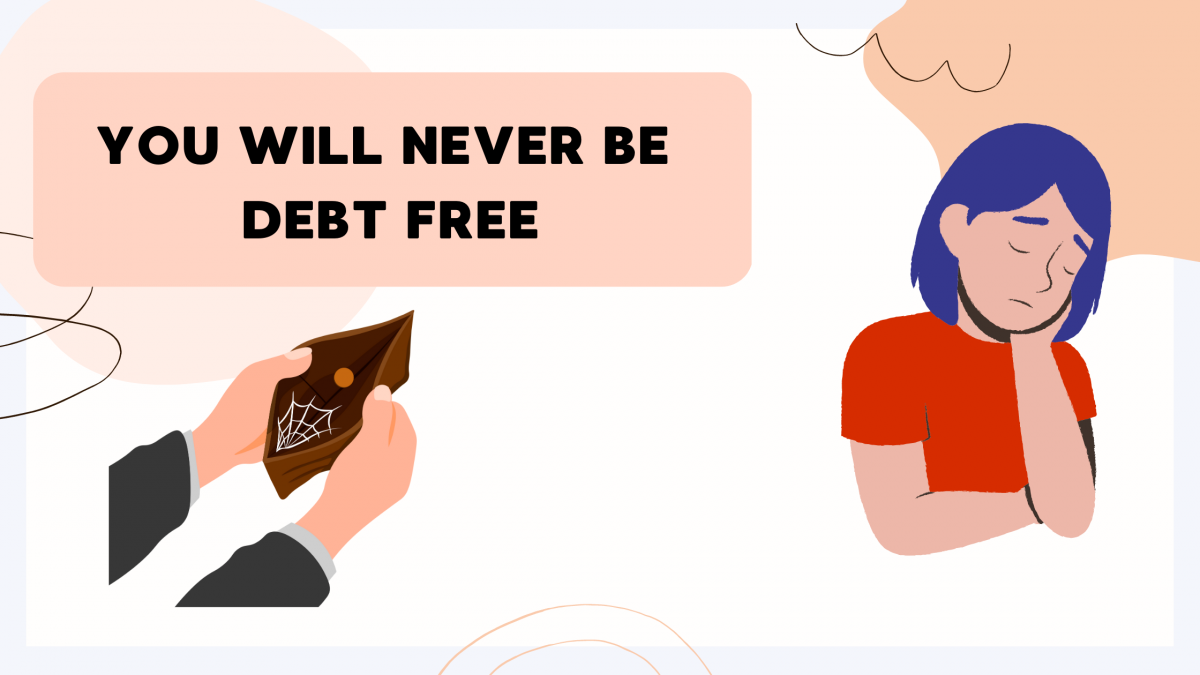What is debt fatigue?
Debt fatigue is when an indebted person experiences negative feelings regarding their debt payoff plan. An individual with debt fatigue may become distressed by their remaining loan balance, the amount of time it's taken to reduce their balances as much as they have, and the remaining months or years to become debt-free. They may experience feelings of hopelessness and feel like they'll never be able to reach their goal. A person struggling with debt fatigue may also feel like they're barely chipping away at their debt and may start to think the level of sacrifice isn't worthwhile.
Why do I need to watch out for debt fatigue?
If you haven't planned to deal with debt fatigue, you're risking your chances of success. People unprepared to deal with negative feelings during the debt payment journey may give up on making payments and relapse into overspending. A relapse in old habits can undo much (or potentially all) progress made towards the individual's debt-free journey, moving the individual further towards insolvency and away from gaining control over their life.
Not dealing with debt fatigue head-on can cause long-lasting effects. A person with debt fatigue may pursue an unneeded bankruptcy to stop the negative feelings of deprivation as soon as possible. Additionally, the longer an individual lives in debt, the more they submit to and normalize carrying it. A person can become too comfortable carrying balances and paying interest and feel like extreme debt is normal or common.
How to cope with debt fatigue
- Make a list of why you're paying off debt and what being debt-free will make possible.
- Revisit this list whenever you need motivation.
Look at your budget. Check to see if it's overly strict, and revise or plan to give yourself a small reward. - Seek support- From friends, podcasts, books, online communities, anything. You're not alone; many people have felt the way you have.
- Make a repayment chart- being able to visualize how far you've come can motivate you to stick to the plan during a hard time.
How I've implemented these strategies into my lifestyle
- I update my debt dashboard at least weekly. Seeing the downward trend of my outstanding balances owed helps me stay focused on my progress and renews my belief that I can become debt-free if I stick to my goals.
- I've previously posted articles titled "Reasons I'm not spending today" and "What debt has cost me" I list the reasons for my dedication to paying off debt and being better. I review these writings frequently (in addition to all the other writings on this blog) to stay focused on "why".
- I've budgeted a certain amount of money ($150-$300, depending on the month) to treat myself to little things that make me happy to continue my journey. Sometimes, buying a tasty lunch breaks up the monotony of home-cooked meals enough to keep me from going off the rails.


